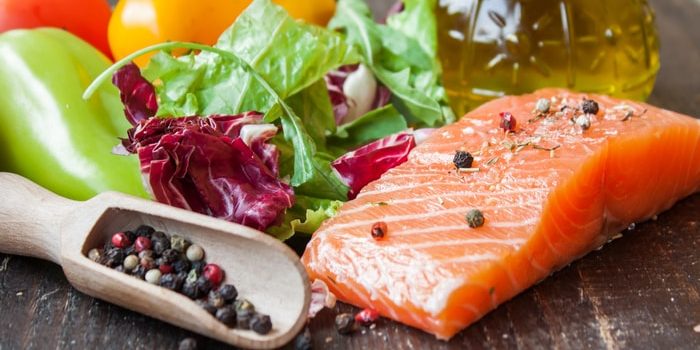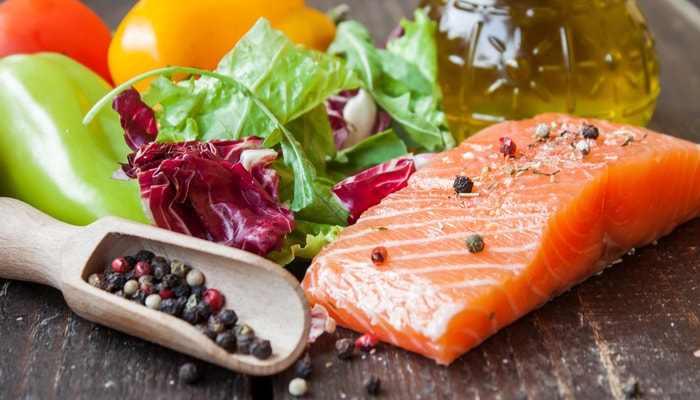


When it comes to diets, not many of them are regionally based. However, one diet in particular is based on the relative health of people from a specific region of the world. That region, of course, is the Mediterranean.
Historically, people from the Mediterranean region have had lower risks of things like diabetes, heart disease and other dietary ailments. In order to replicate this, many dietitians recommend this Mediterranean Diet as one to help you be happier and healthier.
How to Start the Mediterranean Diet
The Mediterranean Diet
The diet primarily took off due to its relative simplicity and evidence-based claims of its health benefits. Studies show that people who eat this diet have lower risk of heart disease, strokes and other premature deaths related to diet. Generally speaking, the Mediterranean Diet is comprised of foods found around the various cultures of the Mediterranean. This could include areas such as Greece, Libya, Spain, France, Italy, Albania, Turkey, and Syria, and many others.
What to Have
While you can look to Mediterranean countries for inspiration, there are some rules related to the diet itself. Namely, the things you want to include in normal quantities in your diet include vegetables, fruits, seafood, potatoes, grains, breads, olive oil, legumes, seeds and nuts. Herbs and spices to make your food tastier is all good, too!
You’ll want to eat cheese, yogurt, eggs and chicken in smaller quantities than normal. That’s not that you can’t have them, just that you should have less of them. Consider having these in smaller quantities or only one of them per day and at only one meal. For instance, consider cutting chicken, cheese and yogurt out of your diet and just having eggs with your breakfast.
You’ll also want to make red meat a very rare occurrence in your diet. Consider having it once a week or even less. Consuming too much red meat can put you at a higher risk of heart disease and other lifestyle-related diseases.
What Not to Have
So now you know what’s alright in the Mediterranean Diet, let’s talk about what you should avoid. Soda, juices and other drinks sweetened with sugar should be cut from your diet altogether. The same goes for refined grains, refined oils, processed meats and foods with added sugars. Generally speaking, if you would call it “junk food” then you should stop eating it.
That means that candies, white bread, margarine, canola oil, ice cream and the like are all right out. While that might sound restrictive, it’s not as bad as it might sound. You still have a wide variety of great foods to choose from when it comes to making yourself food on this diet!
Some Specifics
Now, as for what you can have when on the Mediterranean diet. Specifically, foods from various Mediterranean countries is what you’re going to want to make. Spinach, onions, carrots, tomatoes broccoli and the like are all great vegetables to start with. You can supplement these with nuts like almonds, macadamia nuts, almonds, cashews and hazelnuts. Fruits you should incorporate are grapes, figs, apples, bananas and oranges, among others.
For tubers, consider adding more sweet potatoes, yams, turnips and potatoes to your diet. These are all great option to base entire meals around! Brown rice, buckwheat, barley, corn and whole-grain pasta and bread are all wonderful options, too.
Salmon, crab, shrimp, oysters, trout and tuna are all great seafood options to add to your meals on this diet. Remember, try to keep meat options to one meal a day or less. They’re generally not as good for you as plant-based meals!
If you want to have poultry occasionally, stick to chicken, duck and turkey. For dairy, cheeses and Greek yogurts are okay. The occasional egg, whether it be chicken or duck, is alright, too. Healthy fats, like olive oil, olives, avocados and the like are all great too.
Spice Things Up
This is the fun part! Whatever meal you make, you should definitely spice them up with great seasonings. For instance, you can go with nutmeg, garlic, mint, basil, sage, cinnamon, pepper and many more to make your food really pop!
Remember: this is a big, varied and flexible diet. You’ve got the option to pick from a huge variety of types of food and delicious meals. This diet is a great way to lose weight, get healthier and feel better, all at once. Not to mention, there are surely some delightful Mediterranean restaurants in your area that you can try without guilt on this diet!











No comments so far.
Be first to leave comment below.